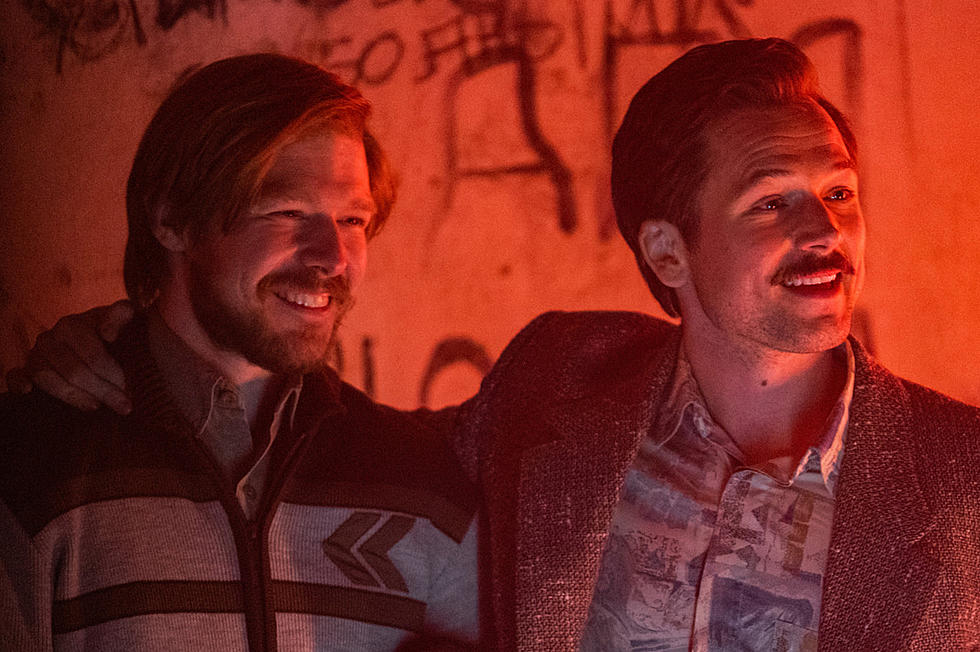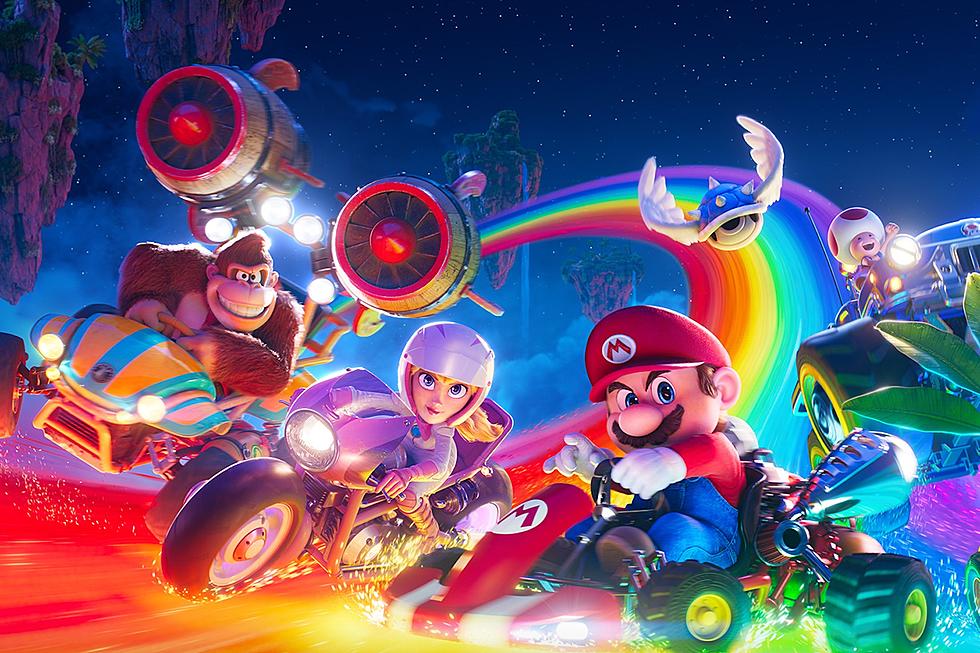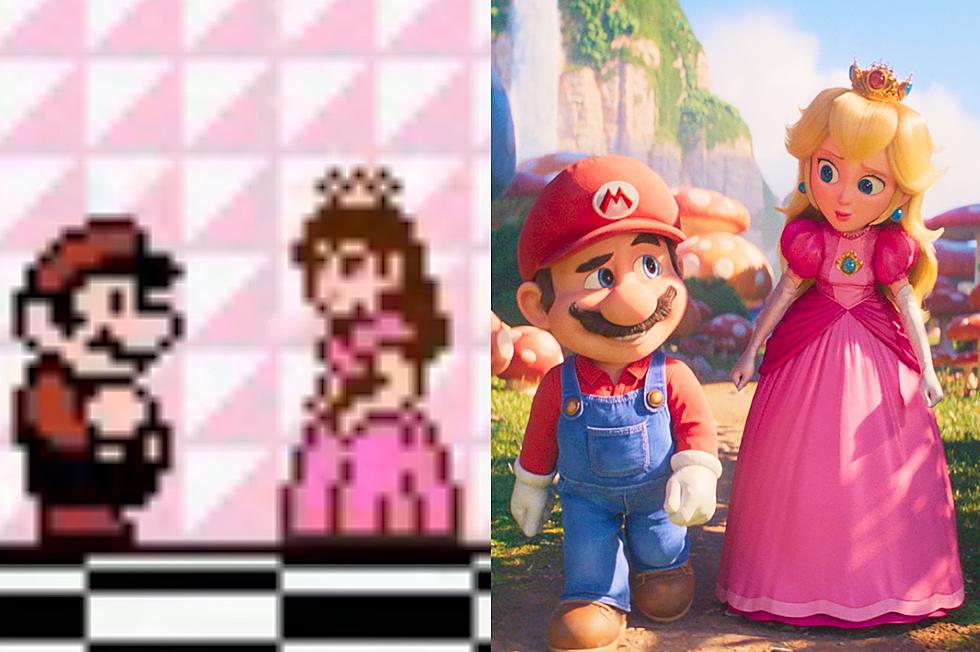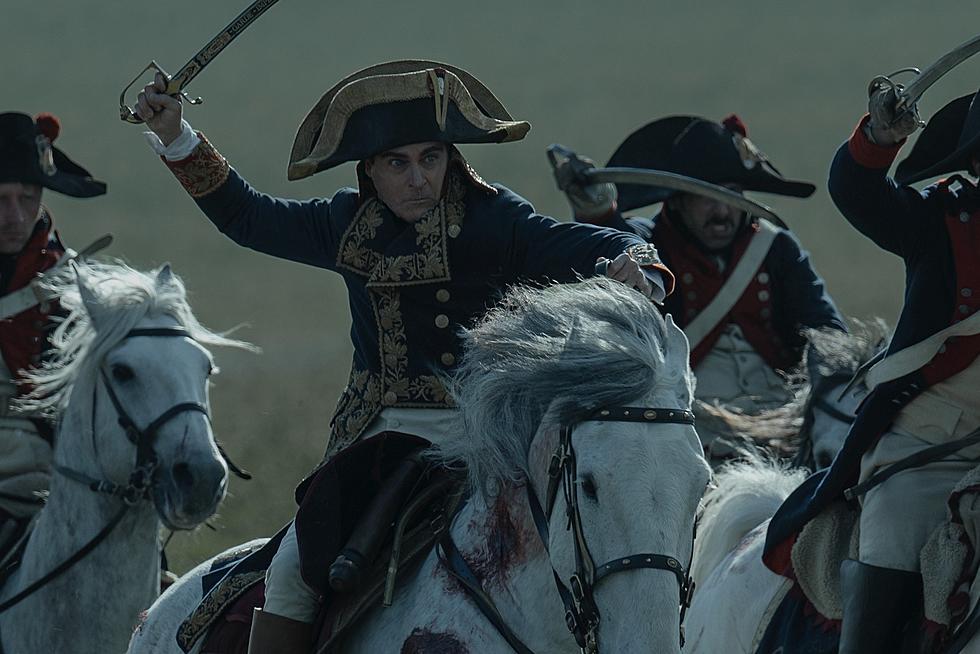
‘Tetris’ Review: The Pieces of This Story Mostly Fall Into Place
Part of the brilliance of Tetris (the game, not the movie) is that it is elemental; it can be understood by anyone anywhere at almost any age. It doesn’t cast you as a hero named Jack Gameboy who had to stack bricks before the evil Rainer Von Tetris steals them so he can conquer the world. There’s no dialogue; there are no words at all. It’s just an ever-evolving puzzle. Tetris required no story, much less a backstory.
So there’s almost something perverse to director Jon S. Baird’s Tetris movie in the way that it takes this pure, undiluted icon of popular culture and layers in all this mythology atop it. It purports to reveal the true(ish) story of how this beloved video game was created and came to the West from Russia in its waning years as the Soviet Union. The lead performers bring a lot of energy to the material, and for a while Tetris hums along as part The Social Network and part Ocean’s 11, at least until a final act that collapses under the weight of an action sequence so ludicrous it feels like it belongs in a parody of bad Hollywood biopics.
Although Tetris (the game) was created by Russian computer programmer Alexey Pajitnov, he is a supporting character in this story. Its hero is Henk Rogers (Taron Egerton), an ambitious and fast-talking software salesman struggling to stay afloat in the late 1980s. Born in the Netherlands, educated in America, living in Japan, Rogers is a worldly guy with a passion for video games. When he stumbles across Tetris (the game) at a trade show, it is love (or lust for limitless money) at first sight. In short order, Rogers re-mortgages his home and bets his entire business on Tetris, hoping he can turn it into a hit in Japan.
A combination of luck, hard work, and his absolute refusal to take no for an answer gives Rogers the inside scoop on Nintendo’s brand-new portable system, Game Boy. Rogers takes one look at the prototype and knows the thing is perfect for Tetris (the game). But there’s one problem: Rogers doesn’t have the rights to Tetris (the game) for handheld consoles. So he has to hunt them down via a series of scheming middlemen, including a poker-faced European businessman named Robert Stein (Toby Jones) and an arrogant British media mogul Robert Maxwell (Roger Allam) and his even-more-arrogant son Kevin (Anthony Boyle).
When Rogers begins to suspect Stein and the Maxwells’ own claims to Tetris (the game) aren’t as firm as they believe, he heads to the Soviet Union himself, despite not having a business visa, any connections in the country, or even the address of the company he needs to visit in order to buy the handheld Tetris rights. If the trip goes south, Rogers could easily wind up in a gulag somewhere. If he succeeds, well ... we sort of know he succeeds, otherwise this movie would not exist.
READ MORE: How to Explain Notorious Movie Mistakes
That sets off a mad race to license the various rights to the game from the Russians, including scenes that play more like pinball than Tetris, with the head of the Russian government agency in charge of selling computer software to the West bouncing from one conference room to another as Rogers, Stein, and Kevin Maxwell all simultaneously try to negotiate their way into a sweetheart deal. This breathless sequence is exciting and amusing, with all sorts of twists and turns, and it’s apparently closer to the reality of what happened during the real fight for Tetris than you might expect.
The same cannot be said for the film’s finale, which devolves into a kind of screwball spy chase involving cars, trucks, and animated graphics designed to mimic the look of old 8-bit video games. The climax goes so far over the top that it breaks the film’s illusion of reality; it no longer seems like we are learning the true story behind Tetris (the game) and are instead watching a phony Hollywood movie.
Until then, though, Tetris (the movie) is a light, entertaining time, powered in large part by Egerton’s winning performance as Henk Rogers. With his big smile and limitless enthusiasm, he’s an underdog you find yourself rooting for, even if all he’s doing is making a lot of money by screwing a bunch of businessmen out of a deal they arguably have just as much of a claim to as he does.
Egerton also has several touching scenes with Nikita Yefremov as Pajitnov, Tetris’s true creator, who’s totally shut out of the licensing deal thanks to the Communist economic system. Although Pajitnov quickly takes a liking to Rogers, he could get in major trouble with the authorities if he stymies the sale to Stein or the Maxwells. (They supposedly have connections with Soviet leader Mikhail Gorbachev, a relationship they leverage to get other Russian politicians to tilt the negotiations in their favor.) Allam and Boyle are the antagonists of Tetris (the film), of course, but they play their roles so cartoonishly they could give Bowser or Ganon a run for their money in the gaming villainy department.
A movie like Tetris is not obligated to tell a “true” story, but it has to at least feel plausible. Tetris’ ending does not pass that test. It’s not that what occurs is inaccurate (although it is not), it’s that it feels like something cooked up by desperate screenwriters looking for an exciting way to conclude a story about the fine points of contract law. Perhaps if Tetris was a game about espionage and spies, it might feel thematically appropriate to turn this biopic into a florid Hollywood thriller. But this is Tetris, a game so square it is literally about squares. Sure, the puzzle’s pace slowly ramps up as you play, but not to the point that there are car chases or KGB agents screaming in your face while you try to place blocks. If anything, going in the opposite stylistic direction would have felt better suited to this subject.
RATING: 6/10

10 Famous Movies That Led To Major Lawsuits
More From Mix 97.9 FM










